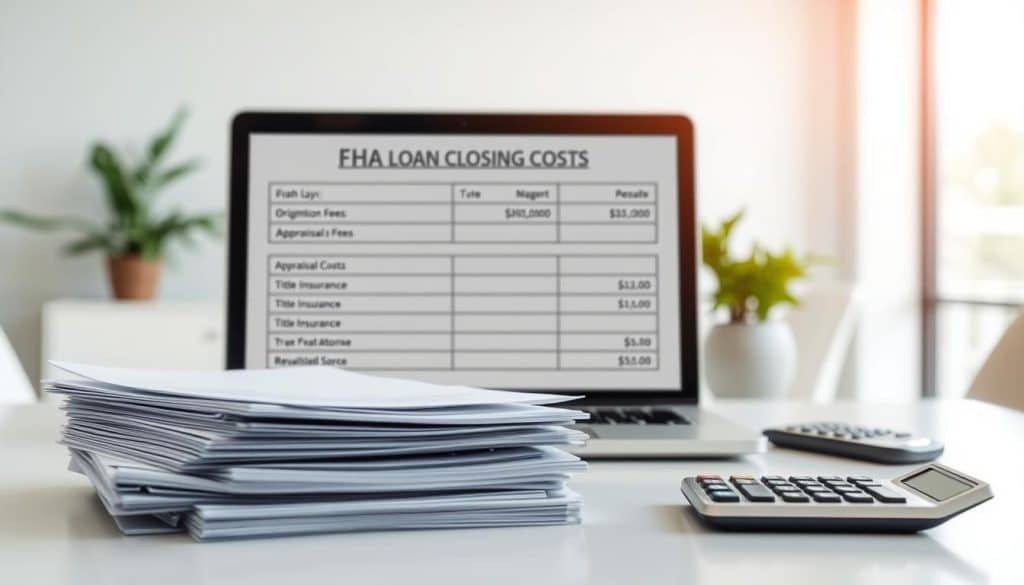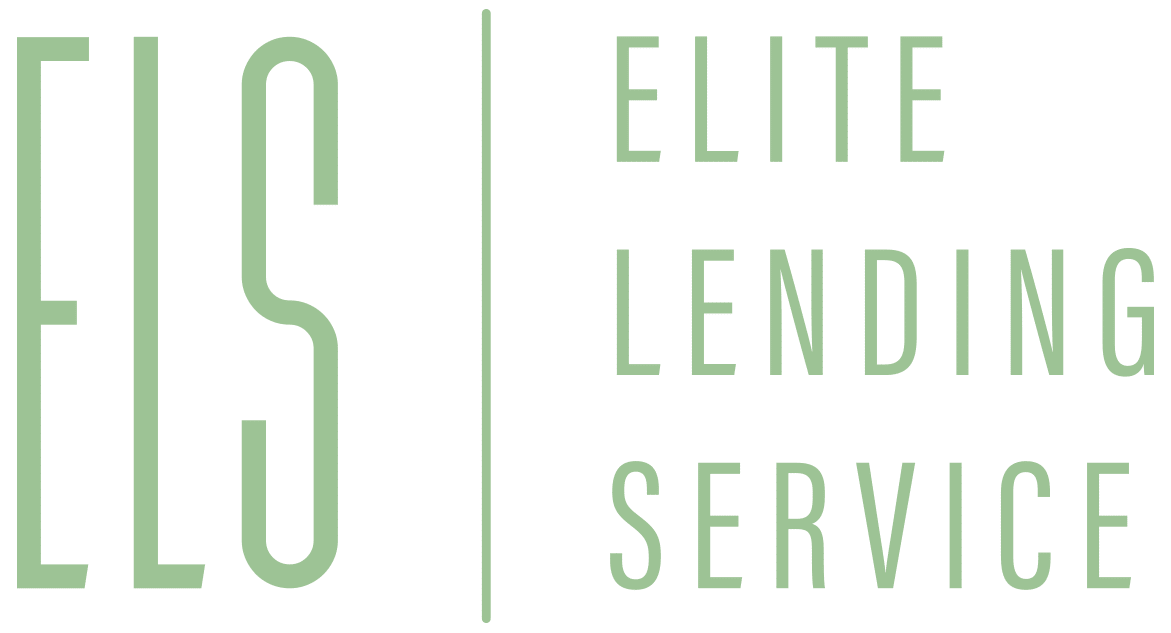Table of Contents
The down payment for an FHA loan program isn’t one-size-fits-all; it varies with your credit score. For first-time buyers or anyone curious “How much down payment is needed for an FHA loan?”, figuring out your required down payment is crucial. FHA loans tend to offer smaller down-payment requirements, making homeownership more reachable. However, the actual down payment amounts depend on your overall financial picture.
By digging into these rules, you’ll see the strengths and weaknesses of FHA loans. That clarity helps you weigh options and stay in control while you hunt for the right home. The more you know, the better your choices will be.
Key Takeaways
- An FHA loan down payment needs a minimum down payment of 3.5% if your FICO® score is at least 580.
- If your score is between 500 and 579, the required down payment jumps to 10% of the purchase price.
- For a 250,000house,you’dpay250,000house,you’dpay8,750 at 580+ scores or $25,000 at 500–579 scores.
- Closing costs for FHA loans usually fall between 3% and 6% of the total home price.
- First-time buyers may qualify for programs that cover part or all of the down payment.
- Sellers may pay up to 6% of the sale price to cover a buyer’s closing costs.
Understanding FHA Loans
An FHA loan program is a mortgage insured by a government agency. Its main goal is to help more folks, especially first-time buyers and those with modest incomes, buy a home. By being backed by the Federal Housing Administration, these loans come with less risk for lenders and give buyers an option to move into a home with a smaller up-front payment.
What is an FHA Loan?
The Federal Housing Administration started these loans to strengthen the housing market. You can buy a home with just 3.5% down if your credit score is 580 or better. If your score is a bit lower, between 500 and 579, the down payment jumps to 10%. That smaller requirement for many buyers makes the path to home ownership less steep.
Benefits of FHA Loans
FHA loan program offer several clear benefits. Most buyers appreciate the lower down payment and the way lenders treat credit scores kindly. If you’ve had tough times before, an FHA loan still might be in reach. How Much Down Payment is Needed for an FHA Loans down payment?, so the loan can fit even tighter budgets.
Who Can Get an FHA Loan?
FHA loan program come with helpful rules, but you do have to tick a couple of boxes. First, your credit score needs to hit at least 500. However, most lenders really like scores that are 580 or higher. Next, the home you buy must be your main residence. Plus, the monthly house payment plus other loans can’t take up more than 43% of your total income, a number lenders call your DTI.
Even if you don’t fit the typical box, you may still qualify—especially if you have explanations for things like large medical bills. One more rule: you have to show a steady paycheck, usually from the same employer for the past two years.

Down Payment Requirements for FHA Loans
How Much Down Payment is Needed for an FHA Loan program? FHA home loans are a great option for buyers who can’t pay a huge down payment. Knowing how much you must save can help you figure out if this loan is right for you.
Minimum Down Payment Amount
Most of the time, you must pay at least 3.5% of the home price if your credit score is 580 or better. If your score is 500 to 579, the required down payment jumps to 10%. FHA loan program will not let you borrow the down payment, so you will need to show the cash is already in your bank or given as a gift.
Comparing Down Payment with Other Loans
FHA loan program usually ask for less down than a conventional loan, which often wants at least 5% and sometimes more than 20%. VA loans can be as low as zero down if you qualify, but not everyone can get a VA loan. Because FHA loan program let you with a minimal down payment, they work really well for first-time buyers or anyone who hasn’t saved much.
Factors Influencing Down Payment
Your down payment for an FHA loan isn’t set in stone. It depends on several factors: your credit score, the type of property you’re buying, your debt-to-income ratio, and your employment history. When you apply, lenders review all of these details to offer the best loan terms they can. If your credit score is strong, you’re likely to walk away with a smaller required down payment.
How to Calculate Your Down Payment
For anyone considering an FHA loan, knowing how to calculate the down payment will make the home-buying process smoother. You can find free FHA loan down payment calculators online. Simply enter the home price and your credit score, and the calculator will give you a down payment estimate in seconds. This helps you plan your budget and decide how much you need to save.
Using a Down Payment Calculator
When you run the numbers in the FHA down payment calculator, the results will show how much cash you’ll need. If your credit score is at least 580, you’ll likely only have to put down 3.5% of the home’s price. For example, if you’re buying a home for $300,000, the down payment at that percentage would be $10,500. Having this number helps you gauge how close you are to home ownership.
But if you have a score between 500 and 579, you’ll have to put down 10%. So, for that same $300,000 house, you’d need $30,000 instead of $21,000. Knowing exactly how much you’ll need to avoid surprises and can help you plan your next move.
Estimating Based on Home Price
To see how much cash you need based on the home price, multiply the price by the down percent. For a $450,000 house, a 3.5% down would be $15,750. If you’re going with 10%, you multiply 450,000 x 0.10, and the answer is a $45,000 chunk. This quick math shows you how much cash to save and how the price tags can change your plans.
Alternatives to Traditional Down Payments
Want something other than the usual down? FHA loans can help. Programs geared to first-time buyers sometimes offer cash to help with that. A few come as gifts that never have to be paid back; others match your savings dollar-for-dollar to boost what you save on your own.
Down Payment Assistance Programs
Cities, counties, and nonprofits love to lend a hand with FHA loans. They offer everything from forgivable loans to tax credits. Each option has its rules, caps, and terms, so shop around to find the one that fits you. Starting with a local lender who understands the state helps you find the best deal that can smooth your path to homeownership.
By using these smart programs, you can spend less money at the start and make that dream of owning a home a lot closer.
Gifts from Family and Friends
FHA programs let you use gifts from relatives or your job toward a down payment. This can really boost your savings. Just keep in mind that cash from anyone involved in the sale can’t count as a gift.
Accepting a gift can make your down payment less of a mountain and more of a hill. You’ll reach your goal of homeownership quicker.
Common Myths About FHA Loan Down Payments
Digging into FHA loans means busting numerous myths. Many folks get the facts wrong, worry about giant down payments, or think they can’t qualify at all.
Debunking Misconceptions
A lot of people think FHA loans require a hefty 20% down. The truth is, a mere 3.5% can unlock your loan. That’s encouraging, especially since nearly a quarter of first-time buyers turn to FHA.
Don’t let anyone convince you that a down payment of 16% to 20% is what’s standard. The right information can keep you moving toward that welcome mat.
Clarifying Eligibility Requirements
Many people hear “FHA loan” and assume only low-income buyers can apply. The truth is FHA loans can benefit anyone, no matter their income level. The only must-haves are certain credit scores and sensible debt limits.
Most lenders prefer a debt-to-income (DTI) ratio of 43% to 45%. The good news? You can still qualify if your DTI hits 50%. This bit of info can give extra peace of mind when you’re crunching the numbers for a mortgage.
Additional Costs to Consider
FHA loan program come with more fees than the ticket price of the house itself. Closing expenses can run between 2% and 6% of your new loan. So, for a $300,000 loan, expect to pay between $6,000 and $18,000 upfront. That amount can really shift your budget when the new mortgage is finally on the table.
Closing Costs Explained
One of the largest closing fees on an FHA loan program is the upfront mortgage insurance premium (UFMIP), set at 1.75% of the loan. This one-time charge helps safeguard the lender if anything goes wrong later. FHA loans also tack on annual mortgage insurance premiums (MIP), creating an ongoing monthly expense. The UFMIP and annual premium are calculated based on the loan amount and duration and can vary, so be sure to double-check how they will change your monthly budget.
Other Fees Associated with FHA Loans
FHA loans come with extra costs beyond the down payment. You might pay an application fee, which can reach $500, plus processing and underwriting costs ranging from $500 to $1,000. The origination fee is commonly 1% of the total loan amount. When added together, these fees help give you a complete picture of what borrowing with an FHA loan program really costs.
How Elite Lending Service Can Help
Purchasing a home can be complicated, but Elite Lending Service is here to simplify the process. They provide expert mortgage consulting to guide you through the FHA application online or in person. Their knowledgeable team gives you customized loan options, making sure you fully grasp each choice.
Personalized Consulting Services
Elite Lending Service pairs you with a mortgage specialist who focuses only on you. They explain down payment options, review your credit report, and walk you through any other details. Their goal is to make sure you have the insight and confidence to choose the right loan for your future.
Streamlining the Application Process
The FHA loan program application can feel overwhelming, but Elite Lending Service smooths the path. They help you gather all the needed paperwork, so you won’t waste time searching for documents. You can trust them to manage your application from the initial meeting all the way to the closing table, making homeownership feel possible.
Preparing for Your Down Payment
Getting ready to buy your first home means planning how to put together that all-important down payment. Start by setting a budget. Think about what home prices are in your area. Based on that, figure out what you’ll need to save for its purpose, like an FHA loan, to see the overall budget you’ll probably have to keep.
Setting a Budget
A home budget means knowing the full picture. Check what minimum down is based on your credit report first. Starting at a score of 580, FHA asks for 3.5% down, a lower start. If your score is lower, between 500 and 579, the down payment goes to 10%. Once you have those numbers, you can plan smart.
Saving Strategies for a Down Payment
Now the savings can begin. Start trimming a few expenses each month and use budget-tracking apps to see where your cash goes. Working extra hours in a side gig or trading extra time is another fast one. Some communities have down payment help programs, or you can ask family and friends for small loans. For more strategies, check out Elite Lending Service for extra handbooks on this topic.

Steps to Secure an FHA Loan
Getting an FHA loan has a step-by-step process. First, you’ll want to get FHA loan pre-approval. This checks whether you qualify based on your credit score, debts, and general finances. When you apply early, you get a clear path to becoming a homeowner.
Pre-Approval Process
The pre-approval process begins by reviewing your finances. The credit score is key—you need at least a 500. If your score is 580 or higher, you’ll need a minimum down payment of just 3.5%. If the score is between 500 and 579, the down payment jumps to 10%. Understanding these cutoffs helps you secure a strong mortgage pre-qualification.
Required Documentation
The right documents are crucial for your FHA loan. Be ready with proof of income, the last two years’ tax returns, recent bank statements, and a government-issued ID. Having these ready speeds up your application since lenders can quickly assess your financial picture. The more complete and accurate your paperwork, the better your chances for loan approval.
Pros and Cons of FHA Loans
FHA loans offer both perks and limits, so checking them out from every angle is wise. They generally fit buyers who have low savings for a down payment or less-than-perfect credit. Listing the good and the bad will guide you when you compare your mortgage options.
Advantages Over Conventional Loans
Because FHA loans regularly offer a lower down payment, they catch the eye of many buyers. With a credit score of 580 or higher, you qualify for just 3.5% down. That’s a big relief for first-time buyers or anyone who hasn’t been saving for years.
If your score is between 500 and 579, you still have a shot, but the required down payment jumps to 10%. This choose-your-own-path approach opens doors for more families across the country.
The program accepts a higher debt-to-income ratio too. Some applicants can have a DTI of 57% and still get the green light. You can also tap down payment assistance, grants, and family help, adding more legs to your mortgage table.
Potential Drawbacks of FHA Loans
FHA loans come with perks, but they also have drawbacks that may surprise you. The biggest is the mortgage insurance premium, or MIP. First you face a one-time cost of about 1.75% of your loan, plus a monthly payment that can last the full term of your mortgage. This can add a lot to your overall cost, and the monthly fee may go up each year. Another downside is the FHA loan limits. In some expensive towns or cities, the top limit could keep you from buying the home you want. FHA also requires the home to pass a strict appraisal to prove it is worth the price and safe to live in. That might make the home-buying process longer or even knock some properties out of the running. Keep these issues in mind before signing up for an FHA loan.
Talk to Elite Lending Service for Expert Guidance
If you need clear answers about FHA loans or down payment programs, Elite Lending Service can help. Our team walks first-time home buyers and people refinancing through every step. Call (904) 263-0376 or email Brad Bailey directly at brad@elitelendingservice.com for prompt and friendly help.
Set Up a Mortgage Consultation
Want to dive deeper into FHA loans and see whether you can get one? Schedule a mortgage consultation. Expert advice that fits your budget and goals is just a call or email away. Brad Bailey is standing by to answer all your mortgage questions today.
Schedule a Free Chat with Brad Bailey
Ready to dive into FHA loans or score the lowest mortgage rate? Get in touch with Brad Bailey. He’s here to break down the numbers and share insider tips, so you can move closer to owning your first home. Our team believes that the mortgage process should feel clear and straightforward, not stressful. Let’s work together and make your home-buying dream a reality.

